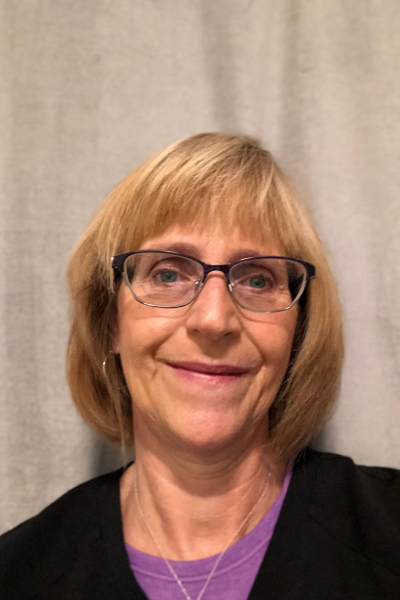Karen Jubanyik, MD
Yale University
Biography
Dr. Jubanyik is associate professor and attending physician in the Department of Emergency Medicine at Yale New Haven Hospital and Yale University. She completed her undergraduate education at Brown University in psychology and completed a Post-Baccalaureate Pre-Health Program at University of Pennsylvania, prior to enrolling in Yale School of Medicine. She has always had an interest in education, beginning with patient education. As a resident, she worked with C. Everett Koop, the former surgeon general of the United States, to develop novel ways of providing accessible patient education materials for a wide variety of public health issues, including hypercholesterolemia, diabetes mellitus, back pain, obesity and hypertension. In the COVID-19 era, she wrote and published a book for lay-people about the public health implications of the new virus, including the importance of testing, masking, and contact tracing.
Dr. Jubanyik has held multiple educational leadership roles in the department, including Associate Residency Program Director, Clerkship and Elective Director and since 2008, has been one of six academic advisors in the medical school, responsible for providing longitudinal support, advising, and career counseling to approximately 100 medical students. She is a co-leader for the first year Professional Responsibility course. She also teaches dozens of workshops to medical students every year, as well as simulation at all levels of the curriculum. As a faculty member, she developed additional training and expertise in palliative and end-of-life care, as well as professional ethics. She also serves on the Yale-New Haven Hospital Bioethics committee. Collaborating with others in the medical school and hospital, she participated in creating a triage protocol and led a team to evaluate whether the protocol would result in disparities based on race, ethnicity, or payer status as well as a mixed methods study to investigate provider attitudes and experience with the protocol.
With medical students and residents, as well as junior faculty, she has worked on numerous community-based participatory research groups to develop and evaluate programs to improve the care of vulnerable patients. She has led programs for emergency department identification of intimate partner violence and to improve the care of sexual assault survivors who present to the emergency department. She was co-investigator in a study funded by NIA/NIH, using community-based participation to develop a novel program to encourage elderly persons to report elder mistreatment using an ipad-based education program. And she has worked with a former Yale resident, now junior faculty member, to work with local stakeholders to improve the identification of homeless patients, assist in their care while in the department and improve continuity of care after their visit.

